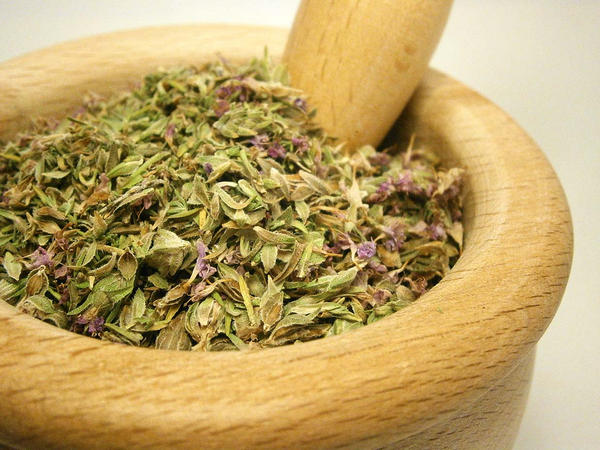Daring to be Different: The Truth About Alternative Medicine

By: Priya Patel
Fake, unorthodox, quackery, even conspiracy— alternative medicine has been subject to some pretty harsh criticism throughout the years. People tend to equate the term “alternative” with “not as good as”, thereby initiating a myriad of stereotypes about this steadily growing field of medicine. However, with the rising costs of traditional healthcare, perhaps we should reconsider our stance on alternative medicine.
There is one underlying stereotype that sparks all of the rest: the assumption that alternative medicine has no scientific basis whatsoever. Much of alternative medicine is based on scientific fact, which contributes to its credibility. For example, there is evidence that peppermint can alleviate the effects of irritable bowel syndrome says Dr. Catherine Ulbricht, Chief Editor of Natural Standard and Journal of Dietary Supplement. In addition, acupuncture has been proven to relieve pain and nausea. There are some alternative treatments that have yet to be properly tested, despite the fact that people have been using them for many years Dr. Ulbricht continues to mention.
This brings up another common misconception: just because something is natural does not necessarily mean that it is effective. Lisa Szabo write for USA Today to remove these misconceptions. For example, leaves from the ginkgo biloba tree are commonly used to reduce blood pressure; however, this treatment has proved to be largely unsuccessful. Consider supplements from the St. John’s wort plant as well—while it supposedly treats mental ailments such as depression, it has yet to produce any tangible results. It is best to take “all-natural” products with a grain of salt, so to speak; after all, things like alcohol and poisons can even be described as “natural”. When choosing the alternative treatment, seeking advice from a licensed medical professional would save time and money, and lower the risk of accidental harm.
This brings us to our final stereotype—if one uses alternative treatments, then they do not need to seek advice from a doctor. Many alternative treatments do not require a prescription and are available over-the-counter, which leads people to believe that a doctor’s opinion is not necessary . However, nothing could be further from the truth. Various alternative medicines have harmful side effects that could worsen a patient’s condition according to Dr. Ulbricht. Furthermore, it is worthwhile to discuss any ailments with a licensed medical professional because they can better ascertain the root of the problem.
All in all, there is no “right” or “wrong” form of medicine—everybody’s body heals in different ways. Although alternative medicine is preceded by its not-so-good reputation, it does have scientific basis and has often proven to be effective. It can be dangerous, however, if used improperly. While alternative medicine may only serve a good purpose under the watchful eye of a licensed medical professional, there is no denying that it is here to stay.

